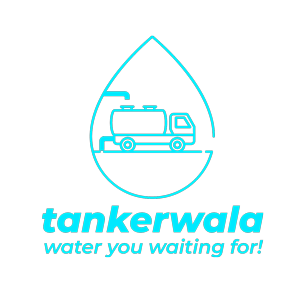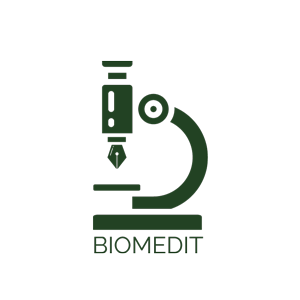
Innovative Digital Marketing,
Web Design & Development
Services for Business Growth
At WODO, we are more than just a service provider—we are your strategic partner in the digital landscape. Our mission is to empower businesses with the tools and expertise needed to thrive online.




OUR
SERVICES
Discover how our expert services in Design and Branding, Development, Growth and Performance Marketing, and Advanced SEO can transform your business
BREATHING LIFE INTO
DIGITAL IDEAS!

Growth Galore,
No Boredom
Spice up your strategy with growth-driven genius. No quick fixes here—we’re the strategic seasoning that ensures your business thrives for the long haul.

Tech Triumph,
Every Time
Need it all? WODO’s got you covered from domains to stardom; we’re the tech magicians for seamless, delightful journeys in AI, SaaS, and digital campaigns.

Hotline Bling,
Not Silent Ring
Our support isn’t a cold shoulder. We’re the hotline you simply can’t ignore. Got questions? We’ve got answers—delivered with style.
DIGITAL
PARTNERS
Award Winning
Design Studio
Revealing our creative conquests that keep us toe-tapping on the edge!


SUCCESS
STORIES
The stories behind the stats—buckle up for a joyride through our case studies where real brands find their digital groove.
Frequently
Asked Questions
About Our Digital Marketing, Web Design & Development Services
Ready to Transform Your Digital Presence?
Let WODO be your partner in success. Whether you need cutting-edge digital marketing, custom web design, or robust web development, we’re here to help. Contact us today to start crafting tailored solutions that drive growth and elevate your brand in the digital landscape. Let’s turn your vision into reality.
Book a Call






































